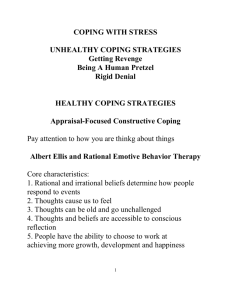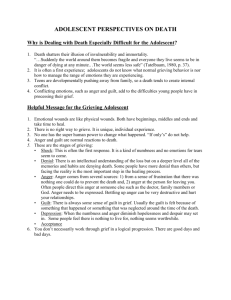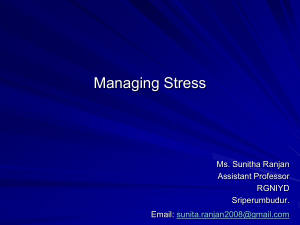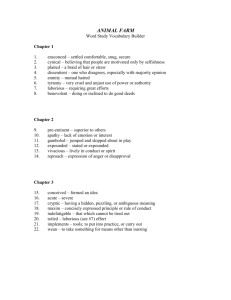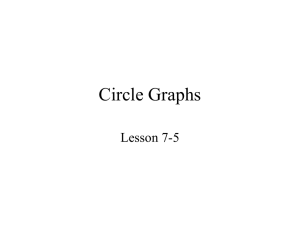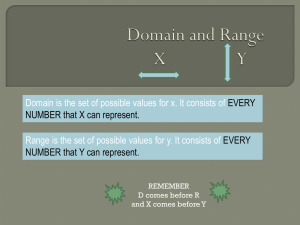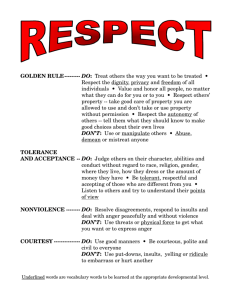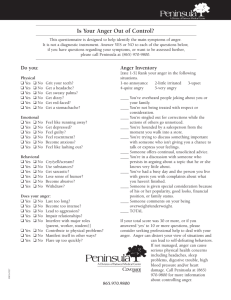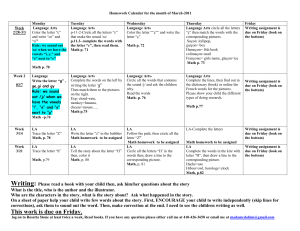Lesson Plan Chapters 2 & 3 Stress Management and Psychological
advertisement
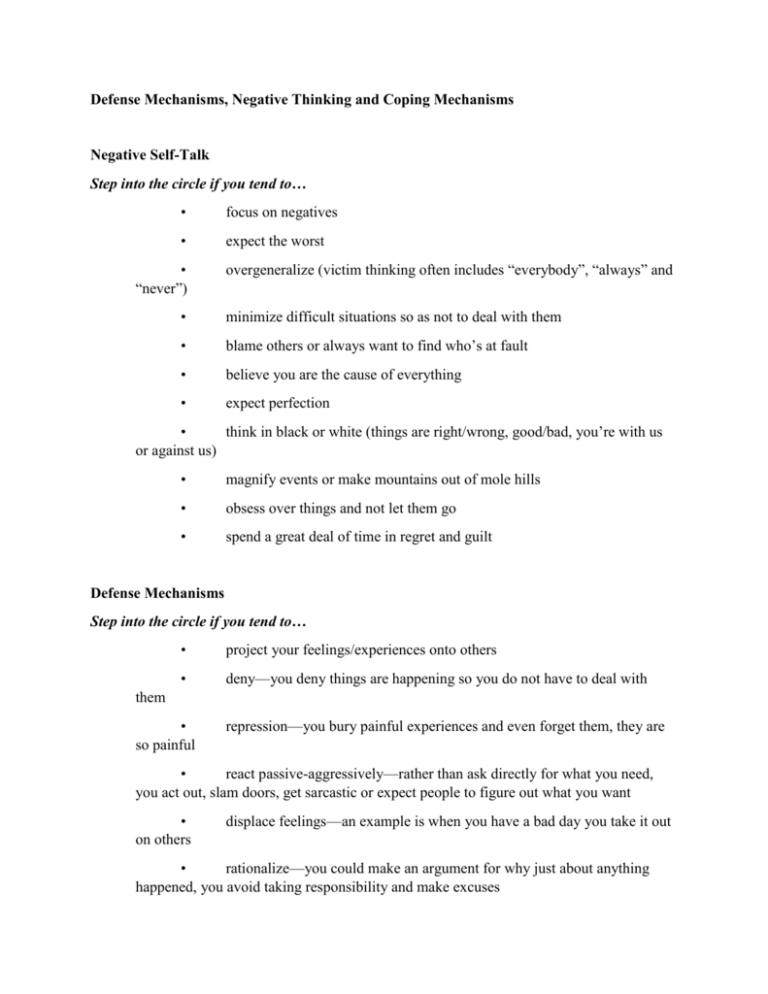
Defense Mechanisms, Negative Thinking and Coping Mechanisms Negative Self-Talk Step into the circle if you tend to… • focus on negatives • expect the worst • “never”) overgeneralize (victim thinking often includes “everybody”, “always” and • minimize difficult situations so as not to deal with them • blame others or always want to find who’s at fault • believe you are the cause of everything • expect perfection • think in black or white (things are right/wrong, good/bad, you’re with us or against us) • magnify events or make mountains out of mole hills • obsess over things and not let them go • spend a great deal of time in regret and guilt Defense Mechanisms Step into the circle if you tend to… • project your feelings/experiences onto others • deny—you deny things are happening so you do not have to deal with them • so painful repression—you bury painful experiences and even forget them, they are • react passive-aggressively—rather than ask directly for what you need, you act out, slam doors, get sarcastic or expect people to figure out what you want • on others displace feelings—an example is when you have a bad day you take it out • rationalize—you could make an argument for why just about anything happened, you avoid taking responsibility and make excuses • substitute—things get difficult so you just substitute a new goal or a new boy/girl friend or whatever it is so you can avoid dealing with the original situation • • challenged use humor—you make jokes as a response to a tense or difficult situation withdraw—you isolate yourself and disconnect from people when you feel • withhold—you withhold love, attention, sex or resources from those you love as punishment when you feel hurt • try to control everything/everybody and probably get frustrated when you • ignore situations rather than deal with them can’t • one thing throw all your “shit” at someone at once so it’s hard for them to respond to • Use a detached “I’m cool” exterior to avoid vulnerability • Create a smoke screen of turmoil to keep people away • doing it Falsely own your defenses with no intent to change them so you can keep • complain about everything but you don’t really want to fix it constructively or address it—you probably like the attention you perceive that complaining gets you • use the silent treatment when you are upset with someone Other Coping Mechanisms Step into the circle if you tend to… • • violence bury your anger and not address it unleash your anger aggressively, including yelling, fighting and even • have a healthy anger response that might include cooling yourself down and processing • are good at problem solving and can step back and see the big picture in a given situation • feel like you can take control of difficult situations and focus on what is within your control • be positive and can find the positivity in any situation • can laugh at yourself (because we are all funny!) • live in the present, without guilt about the past or worry about the future • go with the flow and can be adaptable to changing situations • cultivate support—you reach out for help when you need it. • ask for what you need • predict stressful situations and plan for them • use music to help you cope with difficult emotions/situations • are difficult use meditation or spiritual connection to re-center yourself when things • cry to release emotion/frustration • feed your emotions with food • use alcohol/drugs/smoking to deal with issues • use sex to deal with issues • feed on crisis, drama and negativity • walk away from relationships when they get hard rather than go into what • walk away from unhealthy relationships is hard • check in with others about issues that come up rather than checking in with your own instincts and acting from your own center • freak out about little stuff in order to avoid dealing with bigger issues • use bodily manipulation as a way to cope—haircuts, piercings, tattoos, or cutting/hurting yourself • Others?
